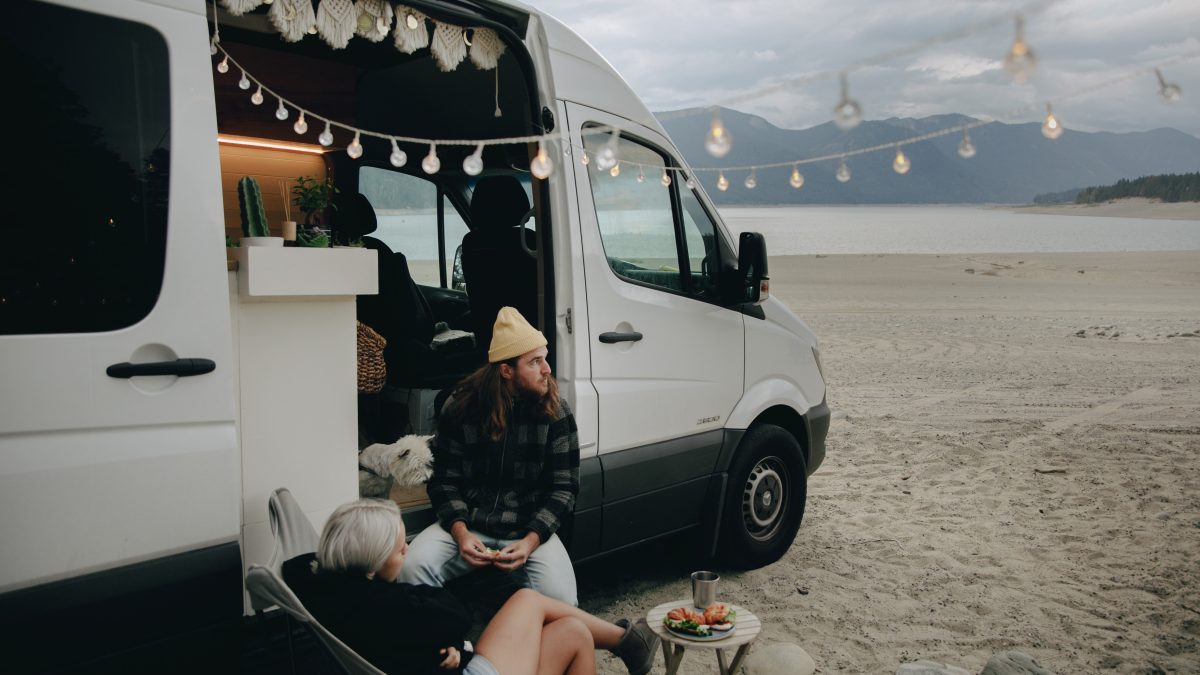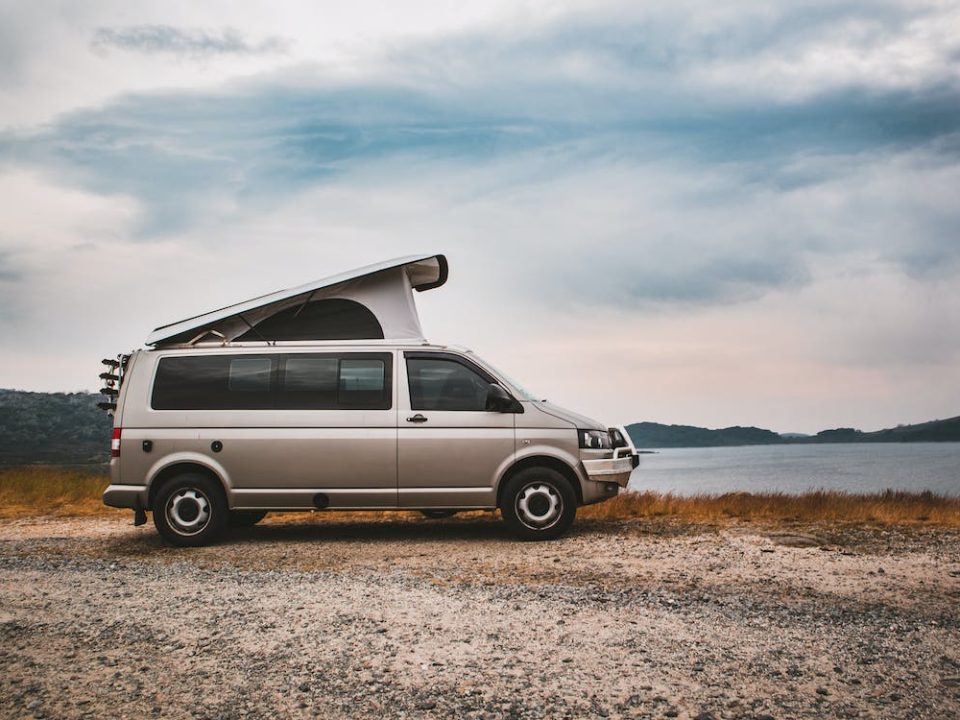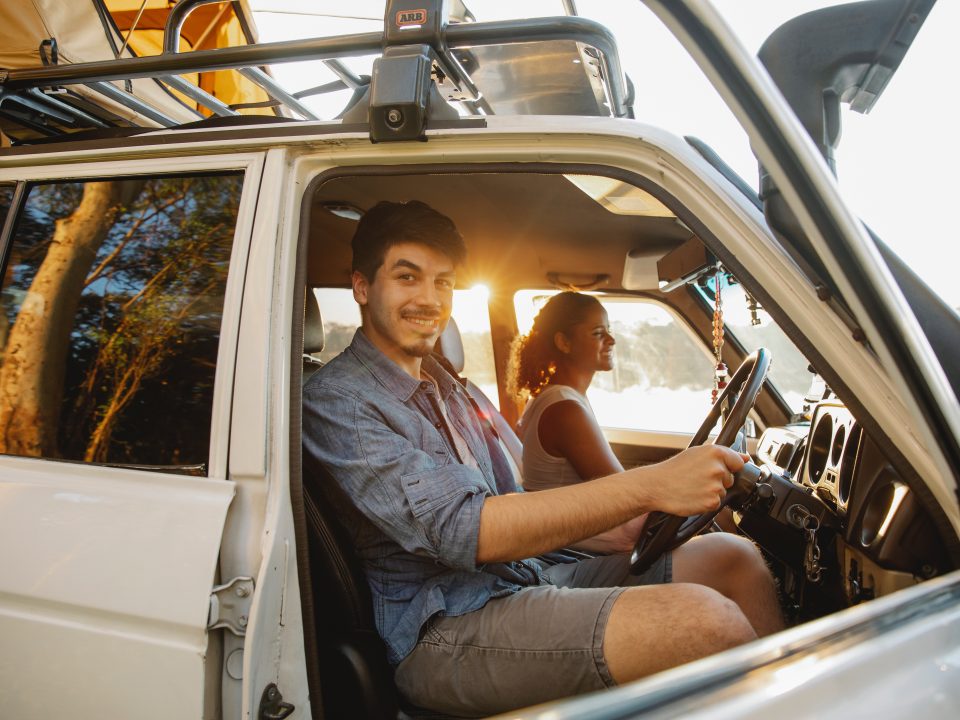
Toyota Alphard Campervan Review
June 17, 2022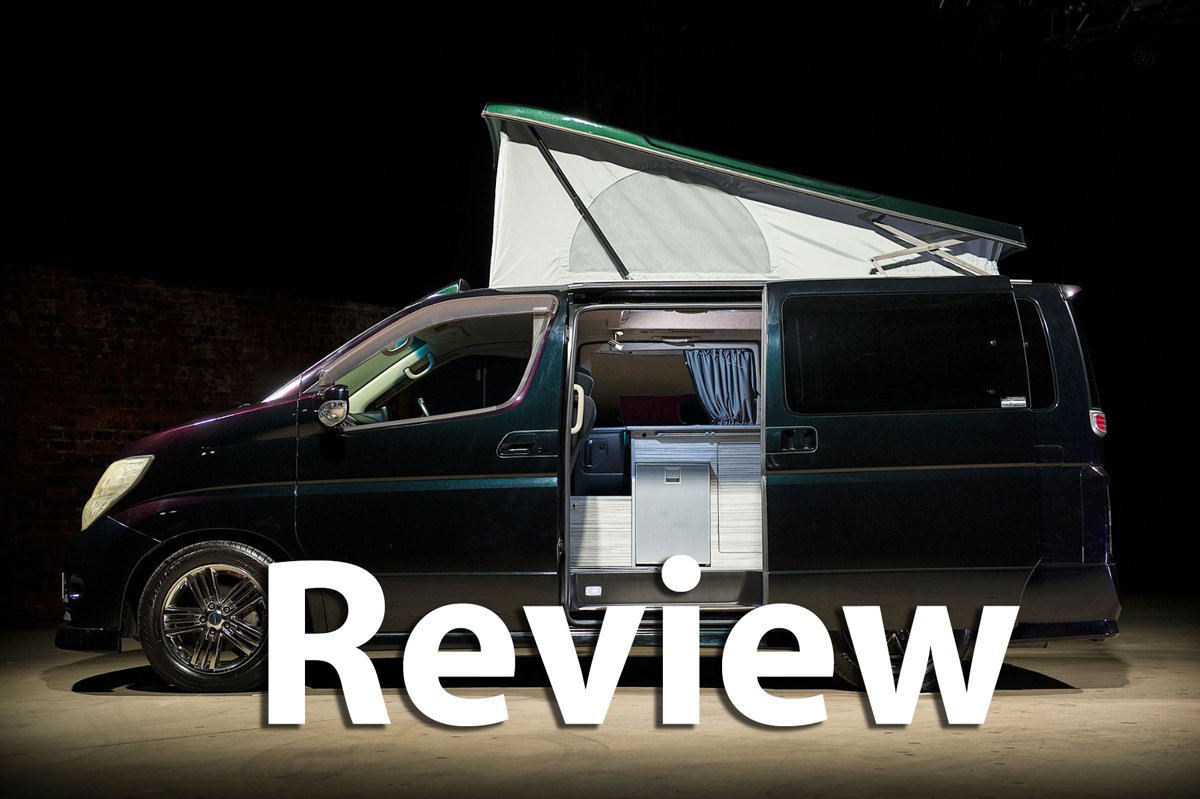
Nissan Elgrand Campervan Review
September 27, 2022Cheapest Campervan Insurance: How to Keep Your Insurance Costs Low in 8 Easy Steps
Nobody wants to be paying more than they have to for insurance. It’s important that you’re covered, of course, but the more you can keep costs down, the more you can enjoy actually enjoying your campervan for what it was designed for – camping breaks. So how do you find the cheapest campervan insurance possible?
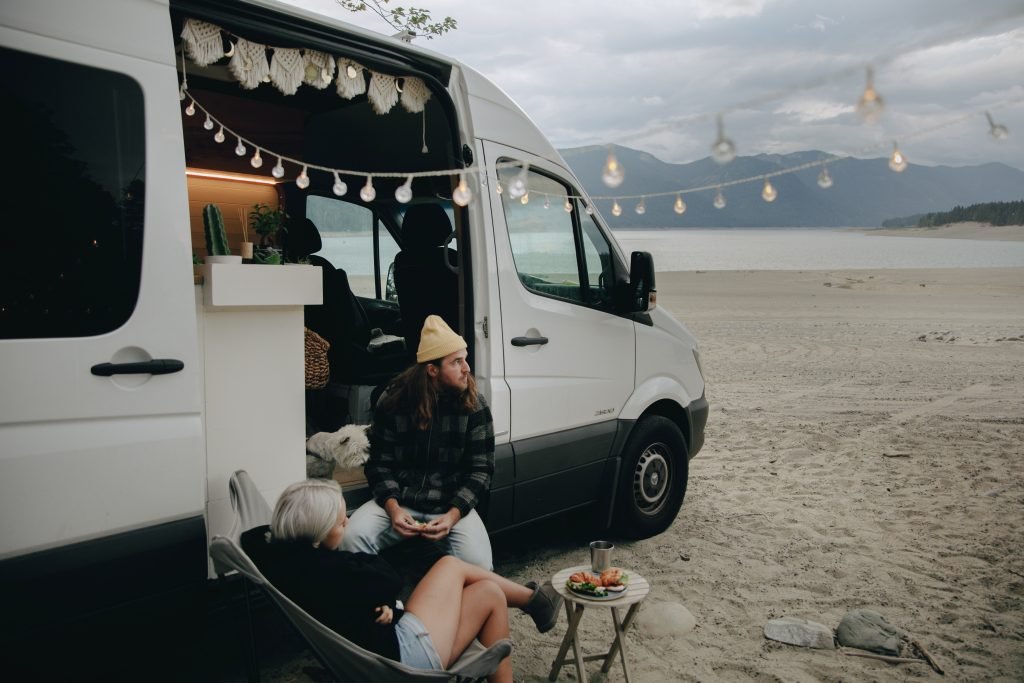
If you don’t think carefully about your premium, then the chances are you will get a quote that’s higher than it needs to be. If you want the cheapest campervan insurance, there are a few tips, tricks and steps to follow to make sure you’re paying the best price possible.
And let’s be clear – the cheapest insurance for campervans might not actually be right for you. You might prefer extra coverage, or you might want a more luxurious campervan that comes with a higher cost to cover it.
But for the purposes of this guide, we’re looking at how to get the cheapest campervan insurance costs possible. Start with these tips, and then you can decide where you want to spend a little extra – if you want to.
1. Consider what coverage you need
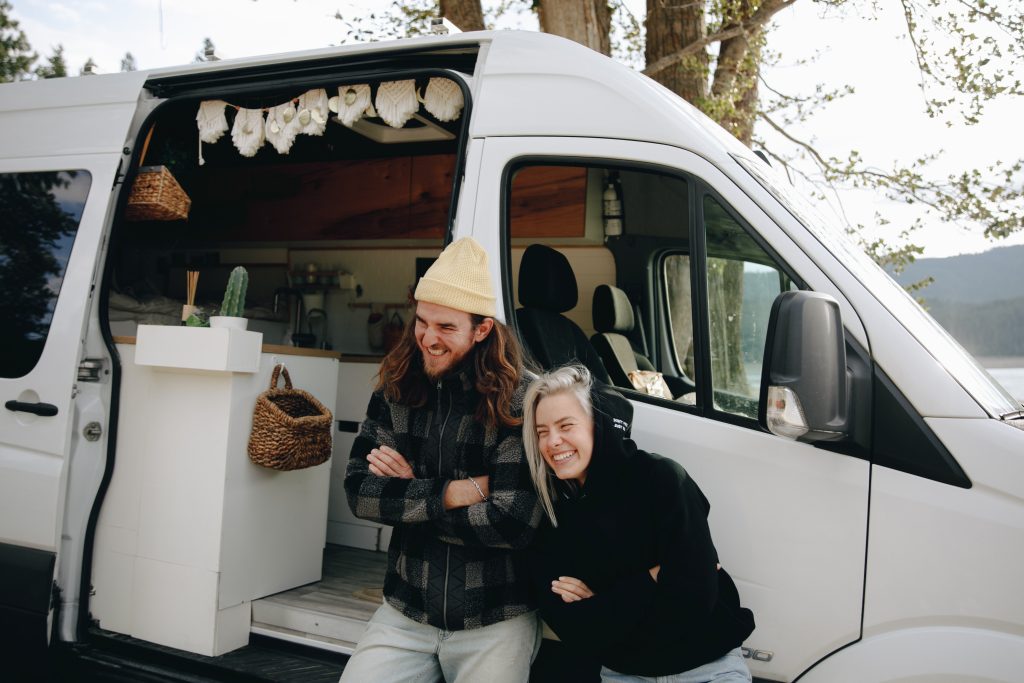 Campervan insurance policies are not one-size-fits-all and different policies will cover different levels of damage, theft or another incident.
Campervan insurance policies are not one-size-fits-all and different policies will cover different levels of damage, theft or another incident.
It’s up to you how much you want to balance the risk of something happening that you aren’t covered for, but if you know you have money tucked away for occasional issues then you might be better served with a cheaper policy.
Third Party, Fire & Theft policies are the most basic liability plans that will cover any instances of theft (provided you’ve made sure that you’re followed your side of the agreement and kept the campervan in the named secure location, and you’ve used all security devices you’ve listed) as well as any fire damage. Most importantly from a legal perspective, you’re also covered for any damage caused to a third-party vehicle.
Comprehensive insurance policies are what you’ll need if you want to be covered for all kinds of accident and will usually cover a lot more too. A comprehensive policy will usually include:
- Damage caused by natural disaster
- Damage caused by vandalism
- Damage caused by a driving accident (where you are at fault)
And some policies will go even further to include:
- Damage caused by wildlife or animals kept within the vehicle
- Glass replacement for windscreen/windows/mirrors
- Key replacement
- Breakdown cover
Finally, with campervan insurance the most comprehensive policies also extend to cover the items you’ll be keeping inside the van. After all, a campervan tends to have more than just a few seats inside. So, if you want to make sure your kitchenette, portable toilet and electronic devices are covered, then you’re looking at a pricier comprehensive plan.
For the purposes of this guide, if you want the cheapest insurance price for your campervan then you’ll want a Third Party, Fire & Theft policy. But think about whether that will work out cheapest for you in the long run. If something else did happen, would it be cheaper for you to have it covered with a monthly Comprehensive premium, or to have to pay out of your savings (if you have them)?
2. Pick a popular make and model – then find the cheapest campervan insurance quote
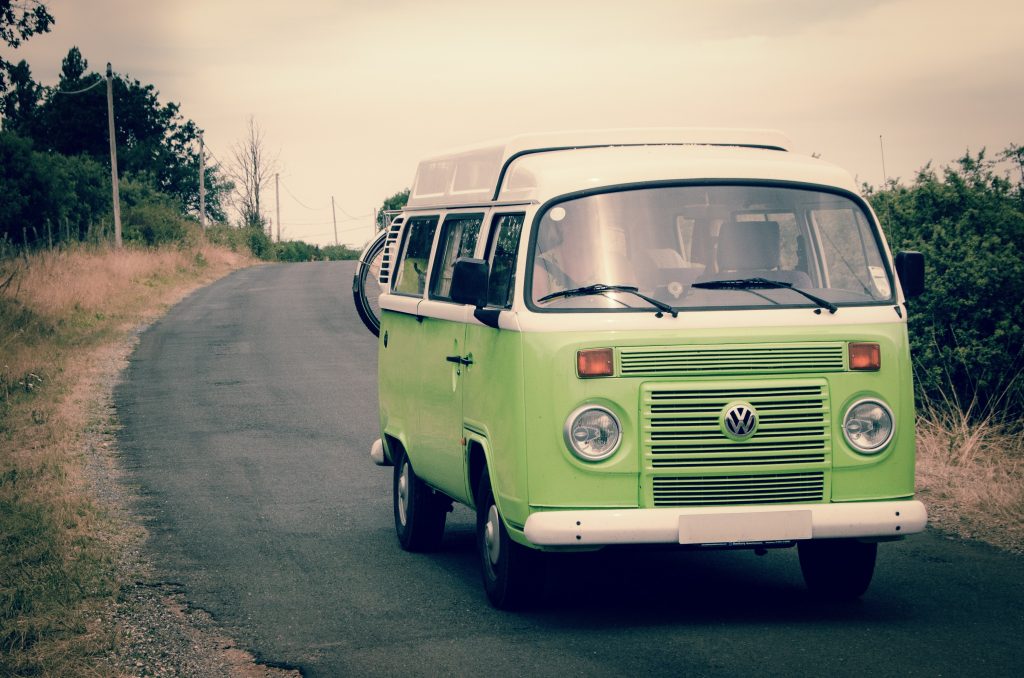 There are a few factors to consider when first choosing your campervan if you want to keep insurance low, and the make and model of the van is one of those.
There are a few factors to consider when first choosing your campervan if you want to keep insurance low, and the make and model of the van is one of those.
Not because insurers have their favourites, but because how easy it is to source parts and labour directly impacts how much it costs to repair your campervan. And therefore, a rarer make and model will be more likely to bump up your insurance premium.
If you’re looking to keep your costs as low as possible, and you’re buying a ready-made campervan, then research to find the most popular options where parts are freely available. And if you’re doing your own conversion, just make sure you choose a van that is from a well-known and widely sold manufacturer. Our in-depth reviews of popular campervan models, like our Toyota Alphard review, give fantastic insight into the pros and cons of the most loved campervans.
3. Simplify your choice of camper
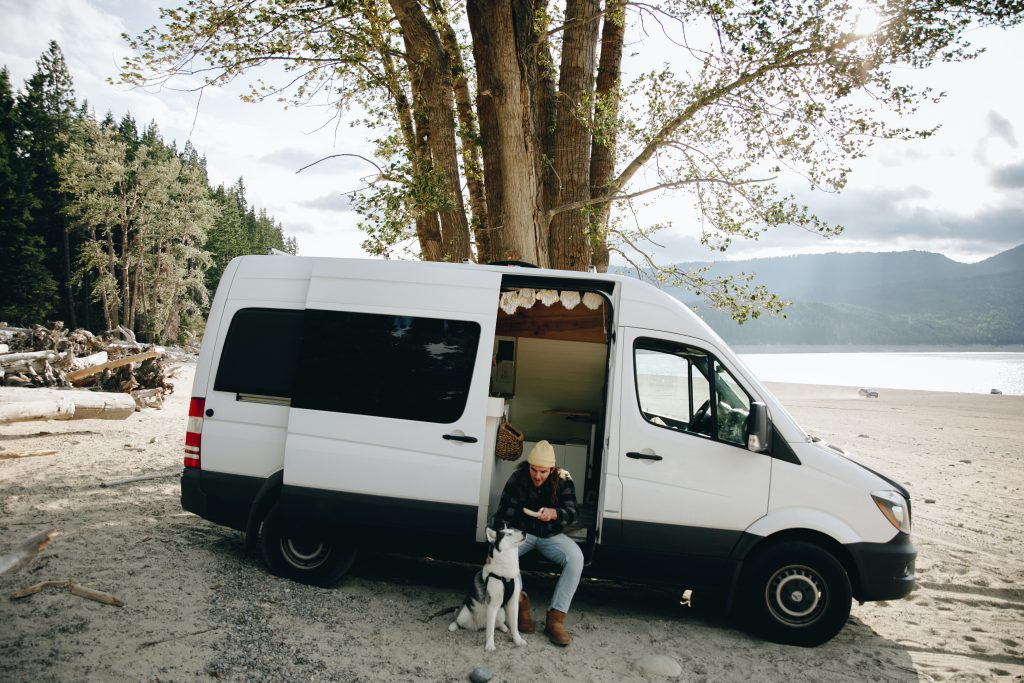 The second factor when decided on your actual campervan, when it comes to insurance premiums, is how complicated you want your camper to be.
The second factor when decided on your actual campervan, when it comes to insurance premiums, is how complicated you want your camper to be.
Unsurprisingly, the more complex and luxurious your campervan, the more it’s going to cost to get it insured. Anything that’s going to make it more expensive to fix or replace means that you’re going to need to spend more to cover it.
So, think about every feature, and whether it’s essential. This doesn’t apply to security or safety features – they tend to lower the cost, more on that below – but every other ‘amenity’ that you add to your campervan increases its value and therefore makes it worth more, and if you’re paying to cover it all in a comprehensive policy then that insurance price is only going to increase. You can look for accounts like LivingtheVanLife on Youtube and other video bloggers to get an idea of what is essential, and what is a luxury when it comes to van life!
To get the cheapest campervan insurance you’ll want a simple campervan that is easy to maintain and repair if necessary. Again, how you balance insurance costs vs quality of camping life is up to you.
4. Lower engine size = lower costs
 The final thing to think about when you’re choosing your campervan from an insurance perspective is the size of the engine. The more powerful the engine, the more your insurance premium is going to cost.
The final thing to think about when you’re choosing your campervan from an insurance perspective is the size of the engine. The more powerful the engine, the more your insurance premium is going to cost.
Insurers view engine size in quite a simplistic way – their view is that the larger the engine, the more powerful the car. And the more powerful the car, the more likely you are to have an accident when driving it, because you’ll accelerate and get up to top speed much faster and be less likely to drive in a controlled manner.
With campervans it’s not quite the same because even with a really powerful engine, you still have the bulk of the van to consider. You’re not going to be regularly speeding in most campervans, and larger engines tend to be found in larger vans where they’re more necessary.
But it is still a factor, and choosing a van with a smaller engine may help to keep your insurance costs lower. If you’ve narrowed it down to two vans and can’t pick between them, take the one with the smaller engine to nudge that premium down. Our buying guide for the best small campervans might come in handy!
5. Include any safety and security devices you have
 Modern campervans have a number of safety and security devices that often come as standard, and there are more that you can add too. It’s really important that you make sure you include them all when you get a quote for your insurance, because the more secure your campervan is, then the less you’ll need to pay for your insurance.
Modern campervans have a number of safety and security devices that often come as standard, and there are more that you can add too. It’s really important that you make sure you include them all when you get a quote for your insurance, because the more secure your campervan is, then the less you’ll need to pay for your insurance.
These aren’t just limited to alarms and other anti-theft tools either, although they certainly help. Stolen vehicle trackers are a great way to keep costs down, since it makes it much easier to recover a stolen van, which is much cheaper for an insurer than having to replace it.
However, anything which makes your campervan safer to drive will reduce the chances of you having an accident and can make it cheaper to cover your van.
So, things like reverse parking sensors or cameras, or tyre pressure monitors, can shave some pennies off your premium as you will be less likely to hit something when you’re reversing and less likely to suffer a tyre blowout.
Bear in mind though that you need to use them – if an insurer can prove that you ignored tyre pressure warnings, or you hit something that you should’ve seen on a camera, then your insurance won’t pay out for any incidents.
6. Store your campervan securely
 While you’ll often be taking your campervan on many exciting excursions, there are likely going to be long periods of time where you’ll have it sat at home, when life is busy getting in the way of your adventures.
While you’ll often be taking your campervan on many exciting excursions, there are likely going to be long periods of time where you’ll have it sat at home, when life is busy getting in the way of your adventures.
And where you store your campervan when it is at home is one of the biggest factors in insurance premiums. The more secure a location you have for it, then the less you will have to pay.
Again, this is something that affects campervans more than it does cars in some ways, because while cars are often broken into when someone wants to steal the entire vehicle, at other times they’ll only smash a window if they want a stereo.
Campervans though are a comparable treasure chest of goods that a thief could get away with if they decided to target your campervan.
So, aim to keep it off the road, and ideally in a garage if you have one large enough. It’s not likely to be possible for larger vans, but a driveway is better than street parking – not only is it less likely to be accidentally bumped by a passing driver, but thieves are less willing to target a vehicle on a driveway where they are more likely to disturb the owner.
Unfortunately, where you live is also going to be a factor in terms of storage location, and that’s not something that’s easy to fix without moving home if you live in a high-crime area. But if you do, it’s even more important to keep your campervan as secure as possible. And if you have a home security camera that watches over it, make sure that’s mentioned in the quote!
7. Consider who you name on the policy
 Many campervan owners look to name more than one driver on their insurance policy. Driving long distances for camping ventures is often a shared task. But you need to think carefully about who you name on a policy, and their driving history, if you want to keep costs down.
Many campervan owners look to name more than one driver on their insurance policy. Driving long distances for camping ventures is often a shared task. But you need to think carefully about who you name on a policy, and their driving history, if you want to keep costs down.
Adding more than two drivers to an insurance policy tends to drive costs up considerably, so think about how many people you really need to add if you want the cheapest insurance possible.
And if one of your planned drivers does have a poor driving history, think about whether it would be better to exclude them, or if you would still rather accept the higher premium in exchange for them being able to share the driving burden.
8. Be accurate with mileage and driving destinations
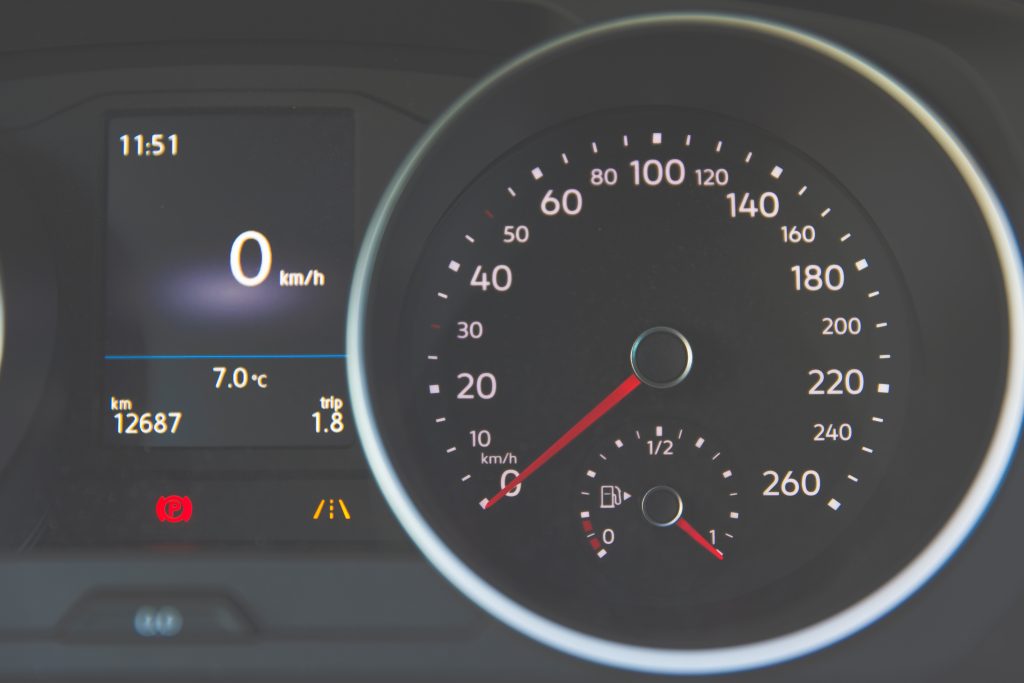 Campervan insurance companies will ask you for details of your planned mileage for the year, and where you intend to take your campervan.
Campervan insurance companies will ask you for details of your planned mileage for the year, and where you intend to take your campervan.
It can be really tempting to push your luck with this information, if you want to keep costs lower. Maybe you’re not sure how far you do intend to drive, or if you will be taking that European holiday or not.
But a lower cost upfront will become a mammoth cost in future if you are found to have been inaccurate. If you go over your mileage, or you travel to a country you’ve not named in your policy, then two things can happen:
- If you need to make a claim, it will be invalidated, and you’ll have to pay all costs yourself
- If your insurer finds out, they will charge a much higher premium in future, or potentially refuse to insure you.
For those reasons, it’s always better to play it safe and make sure your policy covers you fully. It may actually not make for cheap campervan insurance upfront, but it will work out a lot less than having to pay inflated prices later, or pay out a huge sum to cover the cost of an accident.


